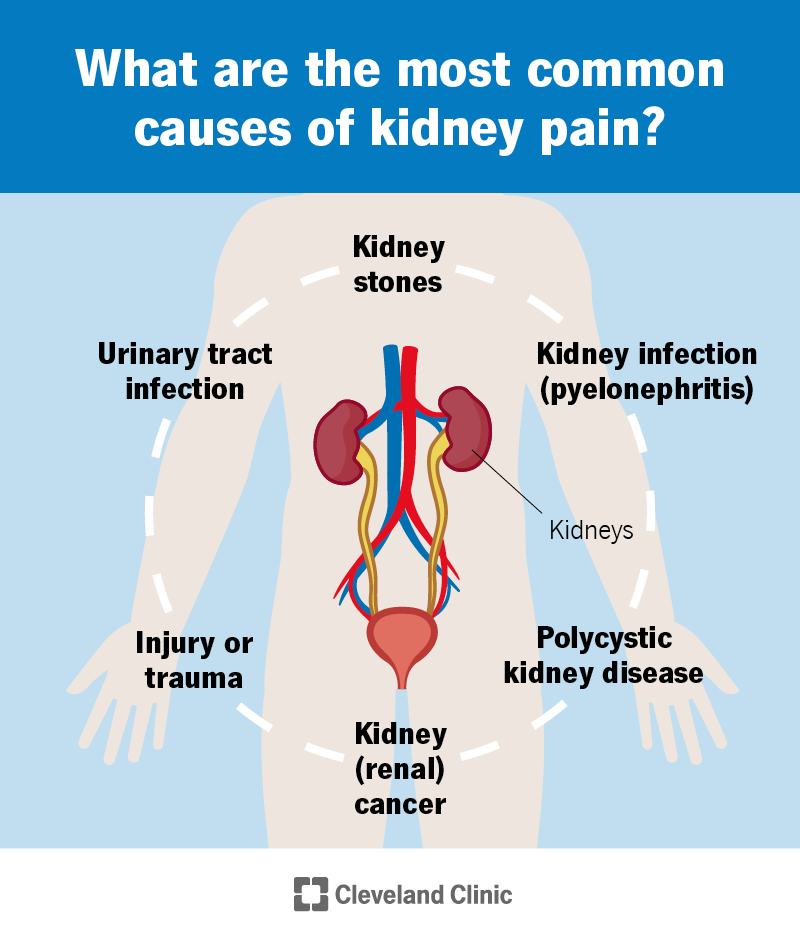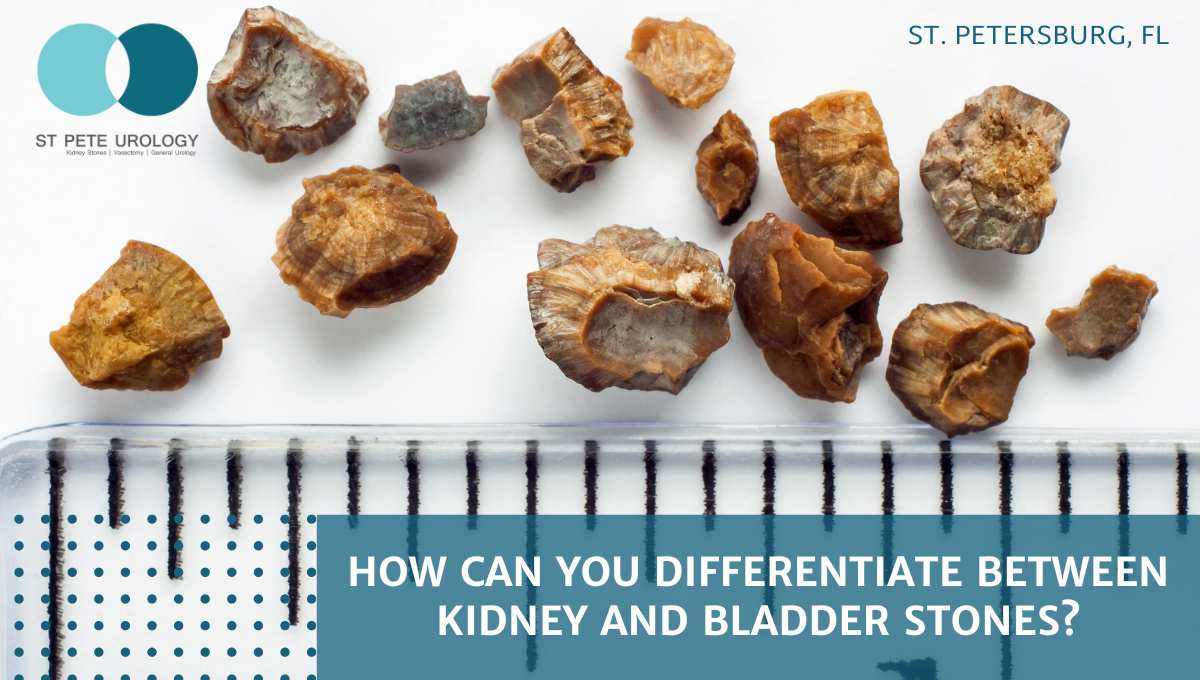Kidney Stones vs UTI: Professional Insights on Symptoms, Analysis, and Monitoring
Kidney Stones vs UTI: Professional Insights on Symptoms, Analysis, and Monitoring
Blog Article
Discovering the Effects and Causes of Kidney Stones in Contrast to Urinary Tract Infections: An In-depth Overview
The expedition of kidney rocks and urinary tract infections (UTIs) exposes an intricate interaction of signs and symptoms and underlying reasons that necessitate cautious assessment. While both conditions can lead to hematuria, they present unique professional attributes and develop from different etiological aspects. Recognizing the subtleties of each condition is vital for efficient medical diagnosis and administration. What are the key distinctions in their symptoms, and just how might these inform therapy methods? The solution to these questions may supply essential insights into the prevention and treatment of these typical urological concerns.
Review of Kidney Stones
Kidney stones, likewise referred to as kidney calculi, kind when particular substances in the urine crystallize and aggregate, leading to the development of tough deposits within the kidneys. These stones can differ in size, varying from a grain of sand to a golf round, and can be made up of various materials, the most common being calcium oxalate, uric acid, struvite, and cystine. The development of kidney stones is affected by several elements, consisting of dietary routines, liquid consumption, and hereditary proneness.
Signs of kidney stones may consist of severe discomfort in the back or side, blood in the urine, queasiness, and regular peeing, especially as the stone relocates with the urinary system tract. Diagnosis generally entails imaging research studies such as ultrasound or CT scans, together with urinalysis to identify the stone's make-up.
Therapy options differ based on the dimension and kind of stone, in addition to the seriousness of symptoms (Kidney Stones vs UTI). Little stones might pass naturally with increased liquid consumption, while bigger stones might require medical treatments such as lithotripsy or surgical elimination. Understanding the pathophysiology and risk aspects connected with kidney rocks is crucial for efficient avoidance and management
Review of Urinary Tract Infections
Urinary system tract infections (UTIs) are usual bacterial infections that influence any type of part of the urinary system, consisting of the kidneys, ureters, bladder, and urethra. They mainly occur when microorganisms, often from the stomach system, get in the urinary system, leading to inflammation and infection.
The frequency of UTIs is notably higher in females than men, largely because of anatomical differences, such as a much shorter urethra. Risk elements include sex, certain contraceptive approaches, urinary retention, and dehydration. The medical diagnosis of UTIs is usually validated with pee tests, which might reveal the visibility of bacteria, white blood cells, or red cell.

Signs of Kidney Stones
The pain connected with kidney stones can materialize in different ways, often leading individuals to seek medical interest. Among one of the most common symptoms is serious pain, typically localized in the reduced back or side, More about the author which might emit to the abdomen or groin. This pain, usually called sharp or cramping, can happen instantly and may vary in strength.
Additionally, individuals may experience hematuria, or blood in the pee, which can vary from tiny total up to visible staining. This sign may be gone along with by adjustments in urinary behaviors, such as increased frequency or necessity, in addition to discomfort throughout peeing. Queasiness and vomiting are likewise widespread, usually arising from the body's reaction to intense discomfort.
In some cases, people might experience high temperature and cools, especially if a second infection establishes as a result of the obstruction caused by the rocks. Overall, the combination of serious discomfort, hematuria, altered urinary system patterns, and gastrointestinal signs can supply substantial understanding into the visibility of kidney rocks, calling for timely clinical examination and intervention. Recognizing these symptoms is critical for prompt medical diagnosis and reliable administration of the condition.
Signs And Symptoms of Urinary System Tract Infections
Infections within the urinary system system commonly offer a variety of unique symptoms that can considerably influence daily life. The most common signs and symptoms include a relentless desire to urinate, frequently gone along with by a burning feeling throughout check out this site peeing, referred to as dysuria. People might additionally experience raised regularity of peeing, generating tiny quantities of pee each time.
Various other remarkable signs and symptoms consist of cloudy or smelly urine, which might show the presence of microorganisms or pus. In many cases, urine might show up red or pink due to the existence of blood, a condition called hematuria. Furthermore, people may experience pelvic discomfort or stress, which can further worsen the feeling of urgency.
Systemic signs might additionally show up, such as high temperature, cools, and fatigue, specifically if the infection has actually risen to the kidneys. It is important to acknowledge these symptoms early, as without treatment urinary system system infections can result in extra severe issues. Kidney Stones vs UTI. Motivate clinical focus is suggested when these signs and symptoms are observed, enabling suitable diagnostic assessment and treatment to relieve discomfort and avoid additional wellness concerns
Causes of Each Problem
Frequently, kidney stones and urinary tract infections occur from unique yet often overlapping causes that can impact people in a different way. Kidney stones generally create because of metabolic factors, dietary options, and hereditary predispositions. Increased degrees of calcium, oxalate, or uric acid in the urine can result in rock development. Dehydration, inadequate fluid intake, and high-sodium diet regimens can exacerbate these problems, advertising crystallization within the urinary system.

Recognizing these unique causes is essential for avoidance and therapy. Kidney Stones vs UTI. While lifestyle adjustments might minimize the risk of kidney stones, proper health and punctual therapy of urinary system system infections are essential for minimizing their reappearance and linked complications
Final Thought
In recap, kidney rocks and urinary system system infections existing distinctive signs and symptoms and underlying straight from the source causes. Kidney rocks are characterized by severe pain and metabolic aspects, while urinary system system infections mostly entail microbial infections leading to urinary urgency and pain. Although both problems can cause hematuria, their formation systems differ considerably. Recognizing these distinctions is vital for efficient diagnosis and therapy, eventually improving patient end results for those impacted by either condition.
The exploration of kidney rocks and urinary system infections (UTIs) exposes a complex interplay of signs and underlying reasons that require cautious evaluation.Urinary tract infections (UTIs) are usual microbial infections that impact any type of part of the urinary system, including the kidneys, ureters, bladder, and urethra.Often, kidney rocks and urinary system system infections arise from unique yet often overlapping reasons that can impact people differently.In summary, kidney stones and urinary tract infections present unique signs and underlying causes. Kidney stones are defined by serious pain and metabolic elements, while urinary tract infections mainly include microbial infections leading to urinary system urgency and pain.
Report this page